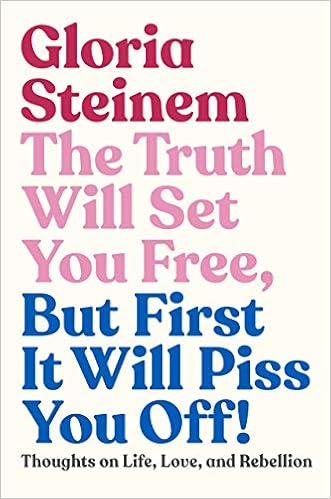This collection of poems, photography, and artwork was put together by Julian Daizan Skinner. He runs a Zen practice dojo and is a meditation teacher. His practice works with people who are homeless or imprisoned, and the profits of the book will contribute to that mission.
This is an exceptionally moving collection of poetry, photography, and artwork from three different men. Together, they form expressions of what it is like to be homeless or imprisoned, and the different media capture the experiences. Skinner's poetry charts his journey on the path from student to teacher of Zen meditation, and the poems (mostly short), are sparing but no less striking or visual for that.
Below are some words from Julian himself, as well as some of the poems featured in the book. You can purchase the book from Amazon, here:
https://www.amazon.co.uk/Rough-Waking-Confined-Homeless-Including/dp/0993198155/ref=sr_1_1?keywords=rough+waking&qid=1571849856&sr=8-1
"For a couple of decades I lived in Buddhist monasteries in
rural England and Japan, training to become a Zen Master. “Autumn in the
Monastery and Other Poems” all came out of this experience. Looking back over
this time, the pains and joys inextricably mingle in my memory, and the poems here
are similarly mingled. It did not make sense to impose an external thematic
structure.
Life during this time was strongly externally structured.
Zen monastery life has reminded many commentators of Jeremy Bentham’s
panopticon prison theory in which the inmates are twenty-four hours a day
potentially under observation. The zendo or meditation hall, my base for the
first seven years, doubles as sleeping and even eating quarters, each inhabitant
given three feet by six feet of living space. The “total institution” functions
as an echo chamber. There is no distraction, no escape from facing yourself."
AUTUMN IN THE MONASTERY
Summer collapses into silence.
The valley bleeds –
leaves die on leaves
and light creeps low through their skeletons.
Gravity sucks the year away,
hollows the sky.
The air, suddenly old, hangs listless,
too tired for birdsong, lambs, tractors.
A distant dog’s bark is a chesty cough.
Up on the fell, life drains down
from stubble, pale as an old man’s chin.
Down in the heart, the river boils shadows.
Stacking wood with stinging fingers, the monks
get ready to enter the dark.
WAKE UP BELL
From the black
far edge of the cosmos,
it shrills through the silence –
Dreams lie on the bedclothes
neatly sliced in half.
A match, struck on the back of the
skull, flares. I bundle these arms
and legs together,
get up, shit, sit …
And the bell rests,
radiant as a golden Buddha.
RENEWAL
Day-long mist.
The valley’s a white paper,
watercolour wet,
smudgy, still.
Let’s get lost,
let our lives go blank,
soak into the white
forever.
Unless, of course, we’re called back,
wetfresh and laughing
from the great white womb,
to do our work.
